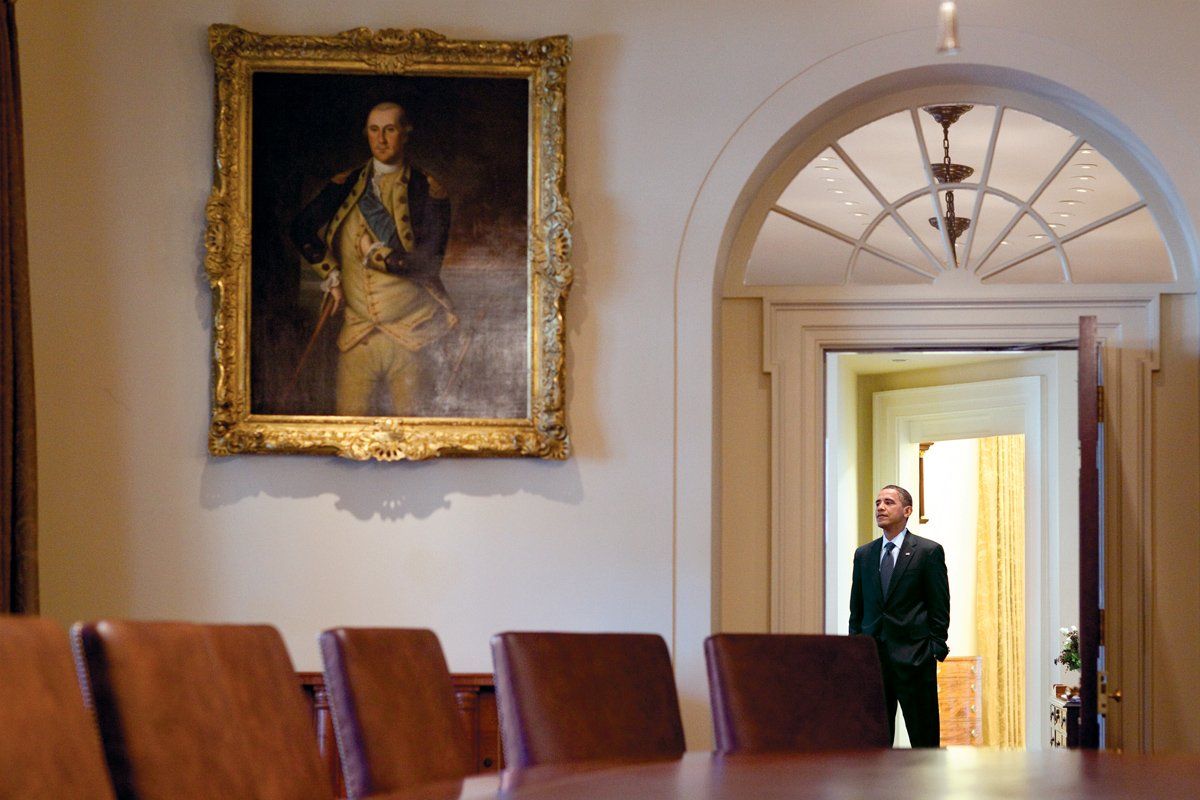
First Peter Orszag turned in his ID card. Then Christina Romer went. In short order, Larry Summers and Rahm Emanuel announced their exits. Jim Jones is gone, too. There are a lot of empty desks in the White House these days.
But that leaves room for new people to fill them. So far, President Obama has hired mostly from within. That's a sign he's happy with the advice he's received. And in many ways, he's right to be. This administration entered office with the economy teetering on the edge of the abyss. His team has successfully pulled us onto firmer ground.
The next two years, however, will see resurgent Republicans and new problems—not to mention continued slow growth. For that, the administration needs a new agenda, and new ideas. To get them, here are four candidates the White House should hire. (Disclaimer: I didn't tell these people I'd be mentioning them, and I'm not close with any of them. This is about their ideas, not their personalities.)
Karen Kornbluh
In a previous life, Kornbluh was Senator Obama's policy director. Now she's serving as ambassador to the Organization for Economic Cooperation and Development. It's not exactly hard time; she gets a house in Paris. But Obama needs to call her back.
The administration has done important work expanding and strengthening the safety net. Now they need to turn to the focus of Kornbluh's work: modernizing it. Our safety net was developed in an age when men were the breadwinners, women stayed home to raise children, single-parent families were rare, and workers tended to stick with a single employer for decades. Now it needs to be updated for a world where families are dependent on two incomes, have less job stability, and need time off from work to care for sick parents and young children. Kornbluh is the right pick to lead that effort.
Mark McClellan
McClellan led the Centers for Medicare and Medicaid Services for George W. Bush. He was instrumental in implementing the Medicare prescription-drug benefit. That gives him two things the administration needs: credibility with Republicans on health care and experience making a major health-care initiative work.
McClellan has been a cautious friend and frequent critic of Obama's health-care initiatives. He's complimented the legislation for making progress on coverage and payment changes while criticizing it for falling short on medical-malpractice reform and consumer-driven policies. If Republicans fail in their efforts to repeal the legislation (as they likely will), some might be comforted by having a voice on the inside.
Dean Baker
Think Obama's economic team is too insular? Baker, a contrarian economist who was among the first to spot the housing bubble and who's been a critic of the administration (and most everyone else), will fix that.
Baker can be counted on for innovative thinking—How about doing away with pharmaceutical patents? Or letting foreclosed owners rent their homes? Or slapping a transaction tax on Wall Street to slow it down and reduce our deficit?—and a disinterest in currying favor with those in power. It's hard to imagine him playing well with others in the White House, but then that's the point: he'll say things they don't want to hear.
Christina Romer
Yes, Romer. She won't bring a new perspective, but she brings the right perspective. In her final speech as chairwoman of the Council of Economic Advisers, she offered the full-throated call for more fiscal stimulus that the administration has largely abandoned. "Concern about the deficit cannot be an excuse for leaving unemployed workers to suffer," she said. "We have tools that would bring unemployment down without worsening our long-run fiscal outlook, if we can only find the will and the wisdom to use them."
She's right. The stimulus may not poll well, but it worked. Unemployment would've been much higher in its absence. Was it too small? Yes, and Romer knew that at the time. She calculated that we needed $1.2 trillion. We got a bit more than half that, and then the economic crisis proved worse than we'd thought it was when Romer was running the numbers.
Unemployment is now near 10 percent, and though the stimulus probably kept it from brushing 12 percent, the economic misery has discredited the intervention. The administration can't hide from this fight, however. The job situation is too grim for the government to just leave the unemployed to their fate. Romer, speaking freely in her final days in office, had it right. They should have her and the others say what's on their minds more often.
Uncommon Knowledge
Newsweek is committed to challenging conventional wisdom and finding connections in the search for common ground.
Newsweek is committed to challenging conventional wisdom and finding connections in the search for common ground.





